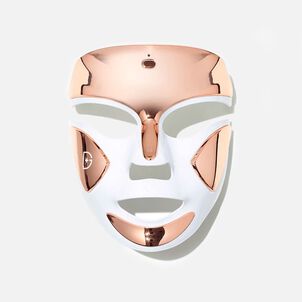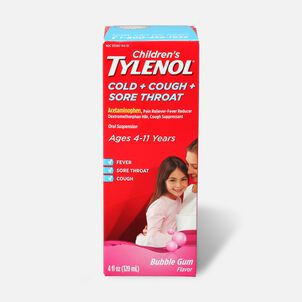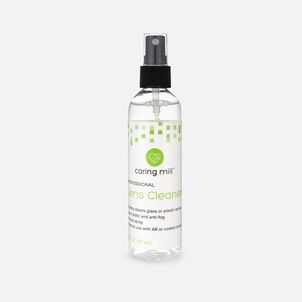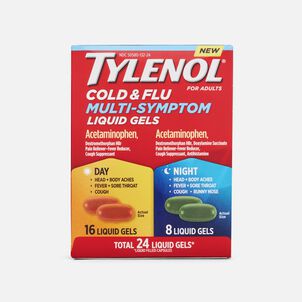Last week, my partner's old company shut down and we lost our health insurance. Thanks to COBRA, we enjoyed their group health plan for almost 18 months after he left the company. It was a high-deductible plan, so the monthly premiums were reasonable. But once the company closed, we were on our own.
Fortunately, Healthcare.gov offers a Special Enrollment Period (SEP) for events like these. You may also qualify if you move, get married, have a baby, or adopt a child. If one of these events happens to you, you can sign up for health insurance outside the normal open enrollment window.

Is your Marketplace place plan HSA-eligible?
As I started sorting through Marketplace plans, I noticed a trend. There were several high-deductible plans to choose from, but almost none were HSA-eligible. To understand exactly which high-deductible health plans qualify, I did some research. Coverage is the reason why many Marketplace plans aren't HSA-eligible.
Eligible plans must meet these three requirements in 2024:
- The deductible is at least $1,600 for individuals and $3,200 for families.
- The most you can pay out-of-pocket is $8,050 alone or $16,100 with your family.
- You don't have any coverage — other than preventative care — before meeting your deductible.
The third rule is the trickiest. If you can get prescriptions with a copay, with the limited exception of prescription drugs that qualify as preventive care, the plan isn't HSA-eligible. The same thing goes for doctor's office visits or urgent care. If you catch yourself wondering, "What about my deductible?" and you receive care with a copay, the plan probably isn't HSA-eligible.
You don't have to dive into the fine print to figure out which plans qualify. Healthcare.gov makes it easy by labeling certain plans "HSA-eligible." The downside is, you may not see a lot of plans with that sticker.
Weighing the pros and cons
As much as I love my health savings account , it's not the only priority for health insurance decisions. The Marketplace lets you plug in all your doctors and prescriptions. Then, you can sort plans by the ones offering the exact coverage you need. After adding my physician, OB-GYN, dermatologist, and psychiatrist, I had limited plan options. A couple of prescriptions later, there was only one compatible plan left.
Sure, sticking with your current health care providers saves on annual out-of-pocket costs. But if the plan isn't HSA-eligible, it means skipping a year of contributions. It's a lot more than only $4,150 when you consider how much it could be worth in 30 years. Ultimately, it's a personal decision. Before choosing, you may want to decide what's more important: saving now or having more money later.
The good news: you can still make withdrawals
Let's face it — high-deductible health plans can be expensive. Without an HSA to soften the blow, you may feel vulnerable. The silver lining is you can still withdraw money from your HSA for qualified health expenses even if you can no longer contribute.
As long as the expenses are allowed, you won't owe penalties or extra tax. It's not ideal if you're building savings for the future. But it could provide some relief for minor health care emergencies.

.png)
















